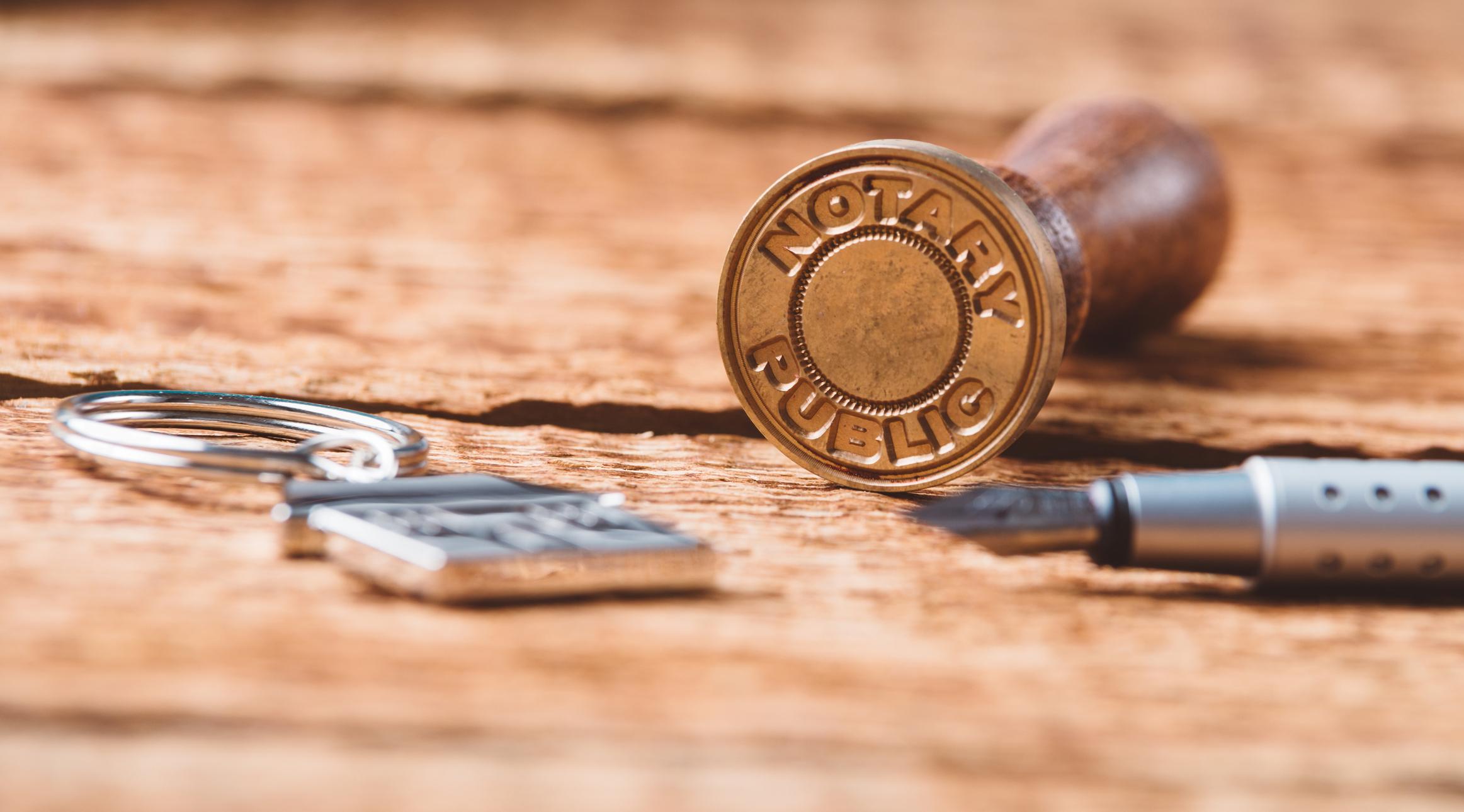Notary Public: Your Trusted Witness and Paper Authenticator
Notary Public: Your Trusted Witness and Paper Authenticator
Blog Article
Demystifying Notarial Job: Streamlining the Function and Relevance of Notaries
Their role, commonly shrouded in enigma for several, lugs significant weight in ensuring the validity and integrity of critical papers. By untangling the intricacies bordering notarial practices and dropping light on the significance of their acts, a clearer understanding arises of the essential duty notaries play in promoting the fabric of legal and legal agreements.
The Background of Notarial Work
The history of notarial job dates back to old civilizations, where scribes played a crucial function in taping essential info and validating records. This led to the development of notaries, people designated by the state to act as unbiased witnesses in legal issues.
Throughout the Middle Ages, notaries got importance in Europe, with their functions expanding to consist of drafting legal records, licensing signatures, and preserving documents. The increase of worldwide trade better stressed the value of notarial operate in confirming agreements and agreements across boundaries.
In the modern-day era, notaries proceed to play a crucial duty in lawful and business purchases by validating identities, confirming the credibility of files, and stopping scams. Their function in accrediting the validity of contracts adds a layer of safety and depend the ever-evolving landscape of commerce and law.

Tasks and Obligations of Notaries
The historic development of notarial work from old civilizations to the modern-day period has actually shaped the unique duties and responsibilities that notaries promote in lawful and business purchases today. Notaries play an essential role in verifying the authenticity of records and the identity of signatories. Among their key obligations is to witness the signing of essential papers, such as wills, agreements, and acts, to make sure that all celebrations are becoming part of agreements knowingly and willingly. Notaries likewise confirm that signatories are of sound mind and not under discomfort or browbeating.
They certify copies of original documents, giving guarantee to organizations that the duplicates are real replicas of the originals. In general, the duties and obligations of notaries are necessary in securing the honesty and legality of different papers and purchases - DIRCO.
Notarial Certificates and Signatures
Exhibiting meticulous focus to information, notarial certificates and trademarks act as essential elements in verifying the authenticity of legal files. Notarial certifications commonly have critical info such as the date of registration, the names of the notaries, a description of the document, and the notary's main seal. These certificates provide a clear record of the notarial act, guaranteeing that the file can be easily identified and mapped back to the notary that looked after the procedure.
Signatures play a critical role in notarial work, as they signify the contract and authorization of the celebrations involved. Notaries meticulously witness the signing of papers to confirm the identity of the signatures and verify that they are signing of their own free will. By fastening their official seal and trademark to the document, notaries license that the needed procedures have been followed and that the record is valid and enforceable.
Basically, notarial certifications and signatures are useful content the characteristic of authenticity in legal transactions, supplying assurance to all parties included that the records are legit and binding.
Importance of Notarial Acts

Notarization Refine Discussed
The registration procedure generally starts with the specific offering the record to a notary public. When the identity is verified, the notary ensures that the private signing the file does so willingly and without any threat.
Final Thought

Notarial certificates usually include vital info such as the date of registration, the names of the signatures, a summary of the document, and the notary's main seal. These certifications provide a clear document of the notarial act, making sure that the document can be easily identified and traced back to the notary who looked after the procedure.
By affixing their official seal and signature to the file, notaries certify that the essential treatments have been followed and that the paper is enforceable and valid.
By confirming the identity of the signatories, confirming their readiness to enter into the arrangement, and licensing the day and area of the signing, notaries play a crucial role in promoting the validity of lawful records.After the document is authorized, the notary will attach their main seal or stamp onto the document.
Report this page